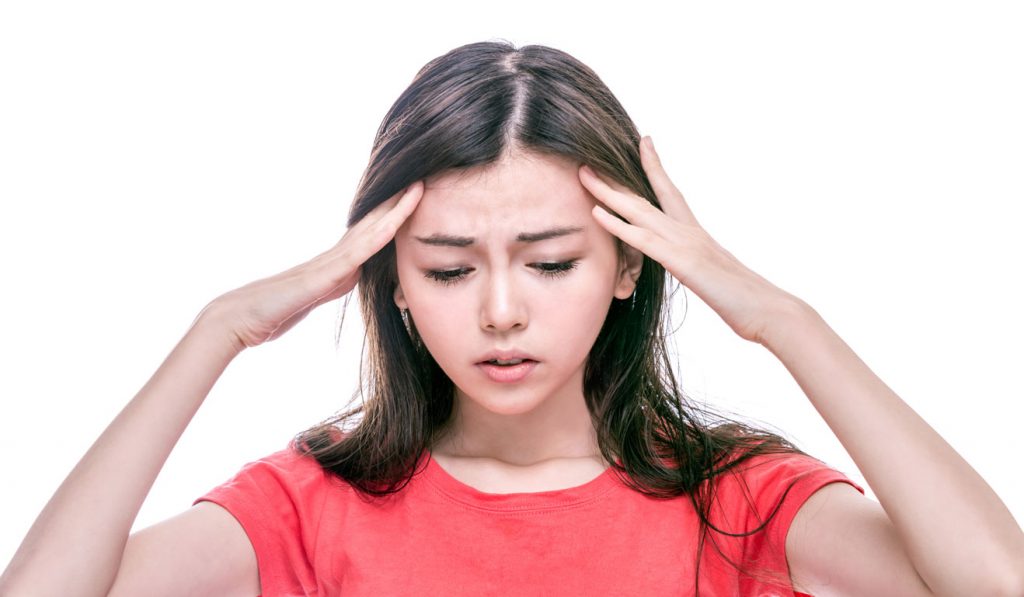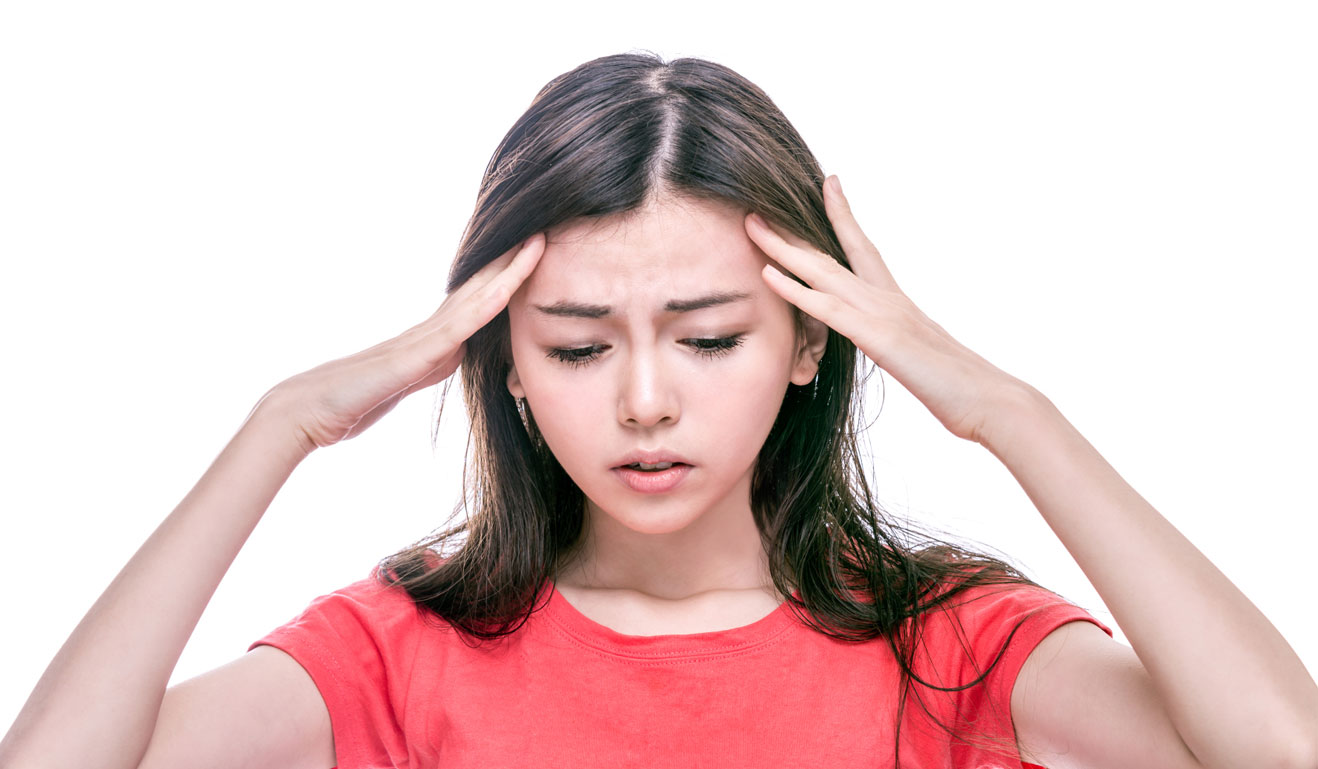Dizziness

Dizziness isn’t a disease, but rather a symptom of various disorders.
Dizziness is the feeling of being lightheaded, woozy, or unbalanced. It affects the sensory organs, specifically the eyes and ears, so it can sometimes cause fainting.
Causes of Dizziness
Common causes of dizziness include a migraine, medications, alcohol and problem in the inner ear.
Some other possible causes of dizziness include:
- Sudden drop in blood pressure
- Heart muscle disease
- Decrease in blood volume
- Anxiety disorders
- Low iron
- Low blood sugar
- Ear infection
- Dehydration
- Heat stroke
- Excessive exercise
- Motion sickness
How to identify Dizziness
People experiencing dizziness may feel various sensations, including:
- light-headedness or feeling faint
- a false sense of spinning
- unsteadiness
- loss of balance
- feeling of floating or swimming
Sometimes, dizziness is accompanied by nausea, vomiting, or fainting. Seek emergency medical help if you have these symptoms for extended periods.
What to do when you feel Dizziness.
Follow these tips if you have recurrent bouts of dizziness:
- Sit or lie down immediately when you feel dizzy and rest until the dizziness goes away.
- Use a cane or walker for stability, if necessary.
- Always use handrails when walking up or down the stairs.
- Do activities that improve balance, such as yoga and Tai Chi.
- Avoid moving or switching positions suddenly.
- Avoid driving a car or operating heavy machinery if you frequently experience dizziness without warning.
- Avoid caffeine, alcohol, and tobacco. Using these substances may trigger dizziness or make it worse.
- Drink at least eight glass of water a day, get seven hours or more of sleep, and avoid stressful situations.
- Eat a healthful diet that consists of vegetables, fruits, and lean proteins to help prevent dizziness.
To read more on Patient Care, click on the link below.



